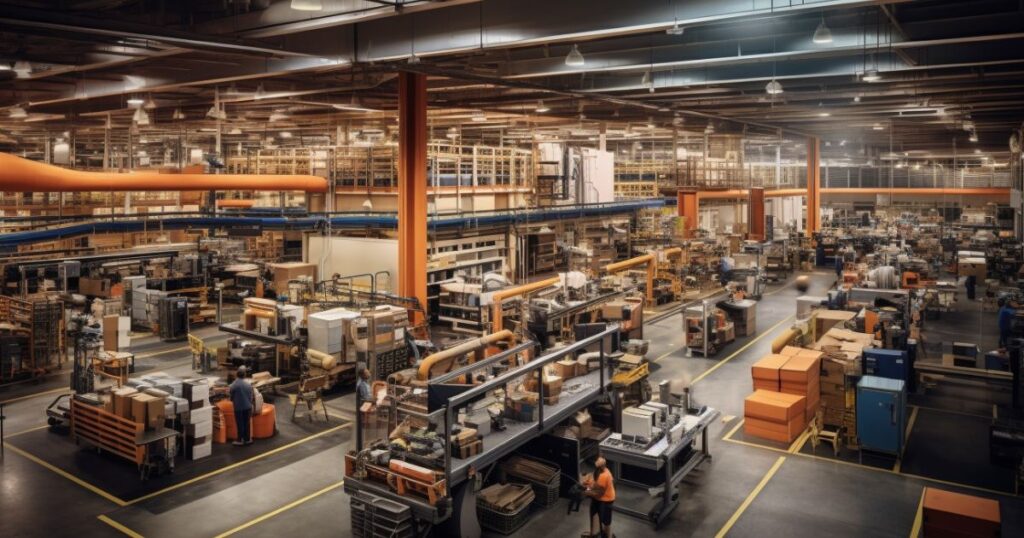In our fast-paced world, efficiency is vital, especially in manufacturing. In this area, the principles of austerity are changing how companies operate. For EsiEfektivs.lv readers who value efficiency in all areas, knowing how transport services fit in is essential. This article will examine how lean manufacturing makes transport more productive, saves money, and improves business performance.
What is lean production?
Lean manufacturing is about eliminating waste and optimizing processes. It is a philosophy that emphasizes the importance of production efficiency.
Let us examine the key concepts in lean production:
- Value-stream mapping: This tool helps visualize the entire production process, identifying waste areas and opportunities for improvement.
- Continuous improvement (Kaizen): the cornerstone of lean; this concept involves ongoing efforts to improve all aspects of the manufacturing process.
- Waste reduction: this means minimizing the impact on production of all non-value-added processes.
These principles help producers to identify and prevent activities that do not add value. This type of optimization improves production processes as well as reduces costs.

Efficient transport in lean manufacturing
Lean production often emphasizes just-in-time production, so freight transport is essential to make this possible. Thanks to efficient transport, materials, and products are where they need to be, exactly when they need to be there. This reduces inventory costs and speeds up production processes.
Optimizing transport is crucial for lean manufacturing as it reduces costs and improves supply chains. This can be achieved by streamlining delivery routes and combining shipments. Such efficient transport can significantly reduce transport costs. In turn, skillful management ensures a smooth and efficient supply chain.
Implementing lean production
Many manufacturers have successfully adopted lean practices to change their transport strategies radically. It has been shown that companies adopting lean manufacturing reduce costs and increase competitiveness and efficiency.
A McKinsey survey highlights that companies with strong inventory management and lean production practices reap significant benefits. Organizations saw a 15-20% reduction in transport costs by optimizing routes and consolidating loads. For some companies, following lean principles reduced delivery times by 15%, improving customer satisfaction.
By developing lean strategies, companies have reduced delivery times, improved customer satisfaction, and reduced negative environmental impacts.

Transportation trends in lean manufacturing
Lean production is also in a state of flux, as everywhere. A recent trend is integrating the Internet of Things (IoT) and Artificial Intelligence (AI) into transport. These technologies allow real-time tracking of shipments, predictive maintenance of vehicles, and more efficient route planning.
Alongside digital transformation, there is an increasing focus on sustainability in transport. This trend is focused on adopting environmentally friendly practices in our operations while maintaining efficiency. These trends are changing the way we look at and manage transport in the context of lean production. You can read more about transport trends here.
Lean production for business success
For EsiEfektivs.lv readers who value an efficient and economical lifestyle, these lean manufacturing principles lead the way to success. By applying these principles, businesses can significantly reduce costs and achieve more efficient and sustainable operations. Read also about how to optimize costs of freight.
Remember that efficiency is not only about speed but also about expertise, not just manufacturing. Streamlined transport is an essential step on this path.

